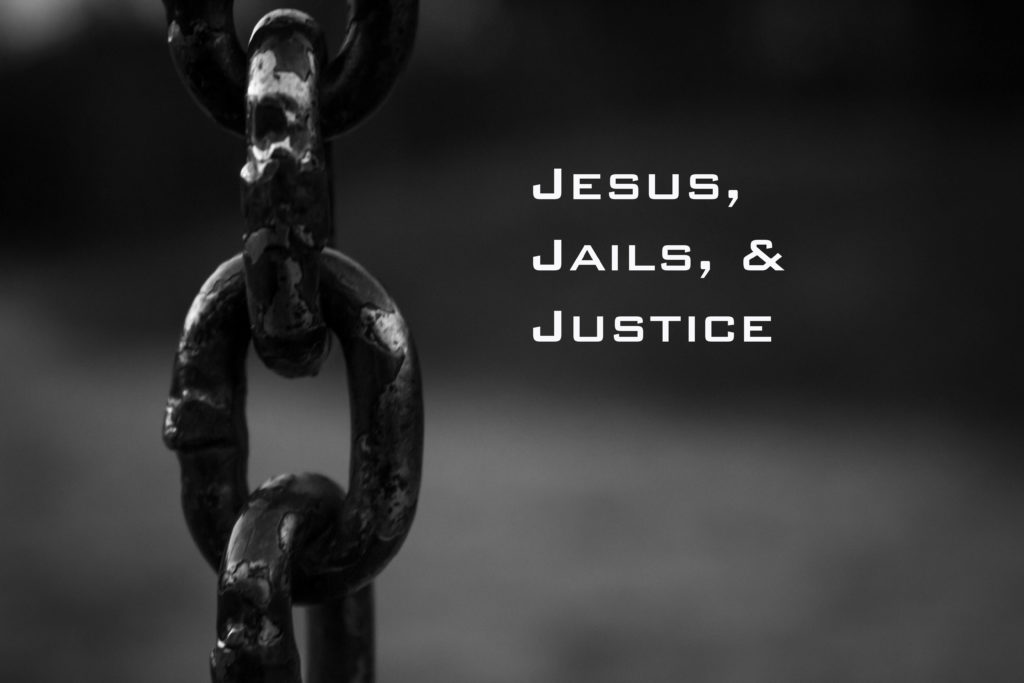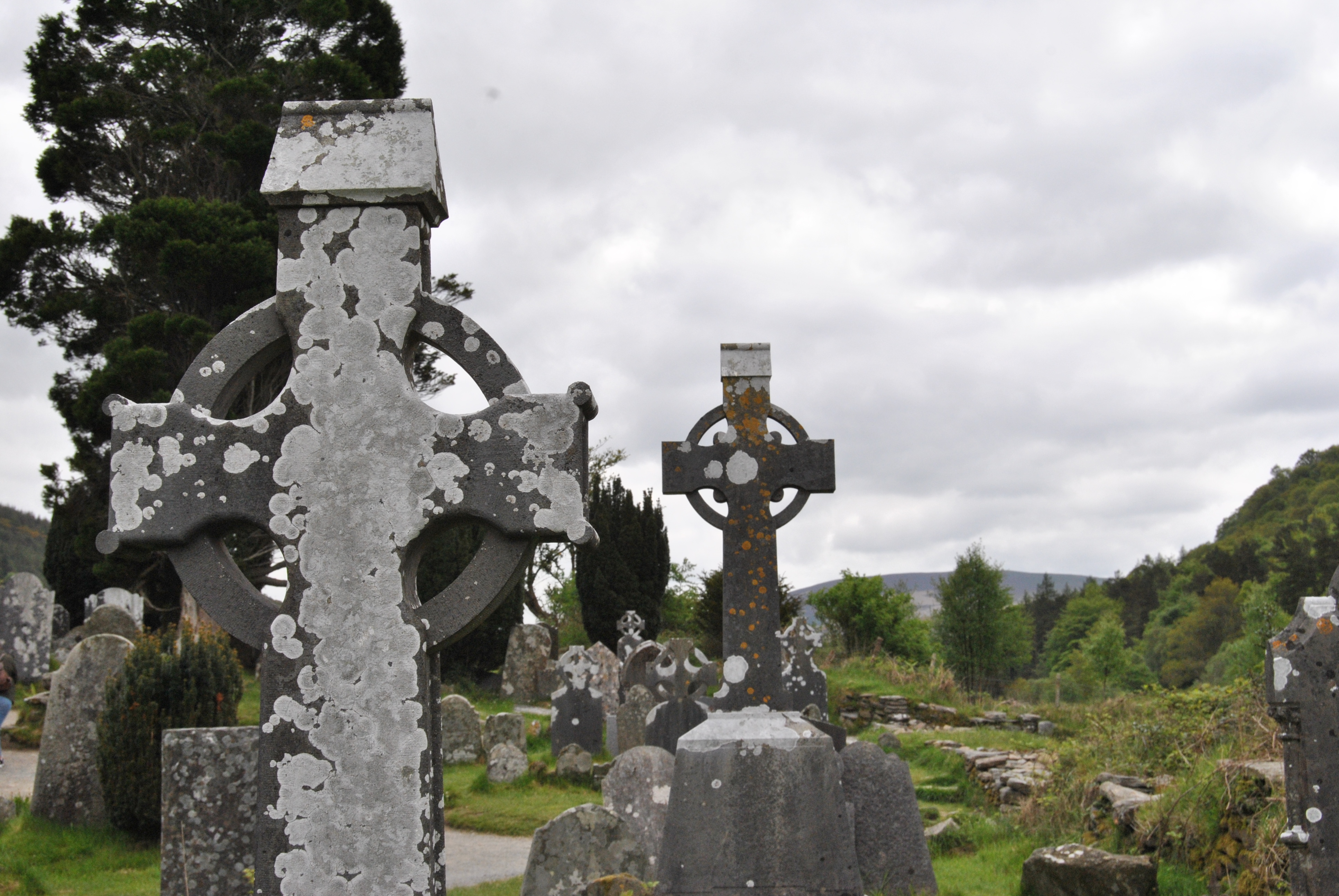
“The hammer of criminal justice is the preferred tool of a society that has run out of ideas.”
— Ta-Nehisi Coates
This is Part 4 of a 5-part series. Read Part 1, Part 2, or Part 3.
As part of my weeklong immersion experience through Memphis Theological Seminary’s class “Jesus, Jails, and Justice,” we were exposed not only to the criminal justice system, but to ways of working to end the injustice found within the system and ways to begin to consider reformation and healing not just for convicted felons, but for victims and society as a whole.
We are all interconnected — when one of us hurts, we all should hurt.
It is immoral and unChristian to consider the fact that we live in a nation that largely spends more on prisons and prisoners than on public education — one of the key components to keeping an individual out of prison.
We know it’s possible to keep people out of prison based on the fact that other countries have been successful at not imprisoning its own people.
So what do we do?
Specifically, what do we as Christians do when faced with the issues of crime, justice, and incarceration?
First, we learn and educate ourselves.
We spend time in classes like “Jesus, Jails, and Justice.” We spend time with families who have incarcerated loved ones. We spend time with victims not just of violent crime, but see the true “victim’s impact” of any crime committed and acknowledge that many groups of people are affected by society’s evils. We pay attention to the media: if the media’s role is to be the watchdog of the three branches of government, then we honor that role by reading, watching, listening — and rising to action.
We read books like Michelle Alexander’s The New Jim Crow, Just Mercy by Bryan Stevenson, and Reading the Bible with the Damned by Bob Ekblad.
We read our Bibles more carefully.
Our biblical literacy is being tested as we refuse to acknowledge and work to correct the systemic conditions that lead to arrests and crimes, specifically poverty and lack of jobs. We insist the “worst” among us must be housed in inhumane sites of incapacitation. We refuse to visit them once there. We refuse to participate in acts of rehabilitation and mentorship of released convicts. We refuse to work toward healing. We refuse to act out scripture’s command to love the Least of These.
A careful reading of scripture should lead us to new ways of bringing about God’s Kingdom on Earth.
Second, I believe we have to go to hurting people.
We have to periodically ask ourselves as followers of Christ where our prejudices lie. Where is it that we WON’T go for the Gospel? Often, it is THERE that God needs us most.
And then pray for the courage, the conviction, and the call to go where God wants us to go.
Throughout scripture, time and time again, we see God on the side of the oppressed, the marginalized, the outcasts, the depraved. It was God who freed the Hebrews from Pharaoh. It was God who gave the pathetic band of Israelites land to claim as their own. It was God who healed the blind man, the leper, the woman with a hemorrhage, Jairus’ daughter, Lazarus. It was God who called the traitorous tax collector, the stinky fishermen, the woman with a demon, the woman at the well, all the little children.
We are called to sit and listen and learn from those who are considered “other” until there is no difference between the other and the self. We are called to love those whom society has locked away in cages and cells and concrete walls if for no other reason than who else is left to love them?
“Our own insecurities limit our possibilities,” one of my classmates said this week.
Third, we reject the concept of separation as solution.
In fighting recidivism — having to go back to prison for some nefarious behavior after being released – studies show and those on the front lines find that community and relationships are key at keeping a convicted felon out of jail.
Yet we seem satisfied with separating ourselves from the sinner even in cases of remorse, despite there being little biblical mandate to do so.
Molly Lasagna (yes, that’s her name), is the director of the Tennessee Higher Education Initiative, a program that allows incarcerated individuals the opportunity to pursue associates degrees, and sees community as key for rehabilitation.
“If you see sin as separation, and that’s what it is,” Lasagna said in a presentation at MTS last week. “We have designed a system to separate others in the name of rehabilitation. We deprive others of the ability to heal with community.”
We have settled with perpetuating sin by sending the offender away. We free worlders, the innocent, are guilty of making a crime so much worse by refusing to engage with the repentant. We use isolation, one of the most evil devices of sin in our world, as a tool for “rehabilitation.”
So we shouldn’t be surprised when 75 percent of released prisoners go back to prison within 5 years of release. That one’s on us.
Finally, we claim a spirit of love, power, and self-control.
So often, we forget that God did not give us a spirit of fear. Fear is not of God. If following Christ does not take us down dangerous, unfamiliar, uncomfortable, and dark places, we need to ask ourselves why not. We have to be invested into our call to follow Christ and prepared to lose it all.
Jesus was homeless (itinerant is the proper term — no where in his 3-year ministry does scripture mention Jesus’ house), Jesus was tempted, Jesus was poor, Jesus was persecuted, Jesus was falsely accused, Jesus was imprisoned, Jesus was executed as an innocent man. Are we able to accept any or all of these outcomes ourselves?
Prison can be a scary place. We learned that one Tennessee prison was nicknamed “The Thunderdome” due to its reputation for violence and brutality. And as volatile as that facility may be, God still calls men and women to be the Light of Christ to that dark place and so many others throughout the U.S. and the world.
“I will fear no evil, for you are there.”
~ Dusty
Disclaimer: I have not been a victim of a violent crime, or an aggravated crime, and have only experienced victimhood on the peripheral and systemically. My lens for this course and these reflections are colored by this, much the same way yours might be if you have been a direct victim of a crime. Your voice matters to me as well, and my heart has no less compassion for a victim than for a perpetrator of violence. You are loved, and made whole by the One who created the world.
